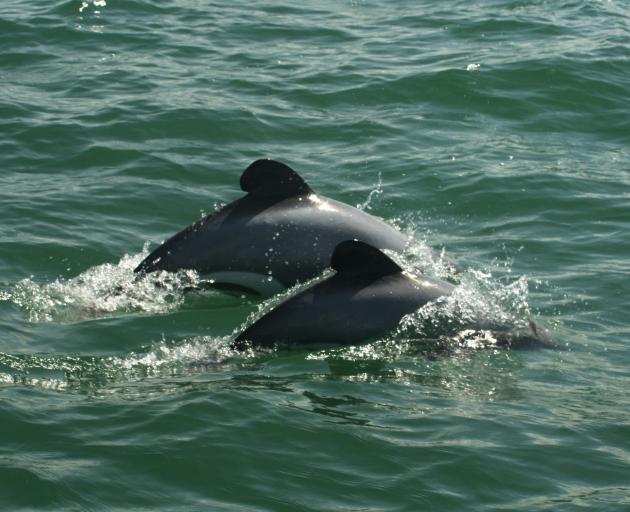
The move comes as part of the Government's Threat Management Plan to protect the dolphins, which are both threatened species.
The most recent data estimates there are just 63 Māui dolphins left in the wild and are classified as nationally critical.
There are 15,000 Hector's dolphin left – their status is currently nationally critical.
Minister of Conservation Eugenie Sage said the dolphins are New Zealand taonga.
"We need to act now to ensure their populations increase and both species thrive."
The Government's proposals include options for a significant expansion of the areas of ocean free of set nets and trawl nets to protect dolphins from the risk of bycatch in fishing nets.
Sage said the plan was based on the best available science and New Zealand and international expertise.
She said the information made it clear that the risks of bycatch to dolphins have reduced in areas where there are restrictions on set netting and trawling.
Although the plan was meant to be released this morning, it was accidentally released on the Beehive website last night.
Over the past two summers, there have been 12 reported Hector's dolphins caught in commercial fishing nets.
But a briefing to Minister of Fisheries Stuart Nash, obtained by the New Zaeland Herald under the Official Information Act (OIA), shows the actual number of Hector's dolphins killed was likely much higher.
"Recent scientific work has estimated that approximately 42 Hector's dolphin mortalities are expected per year from set netting, and 4.4 mortalities from trawling."
The Government has already announced it would be putting cameras on board commercial fishing ships operating in the areas of highest risk to Māui dolphins.
Nash said the proposals in the new Threat Management Plan are part of a wider and ambitious programme of change in fisheries management this year.
"There's a keen public interest in protecting the dolphins, with many articulate letters from young people coming into our offices. Now there's a chance for public feedback to help us improve these proposals."












